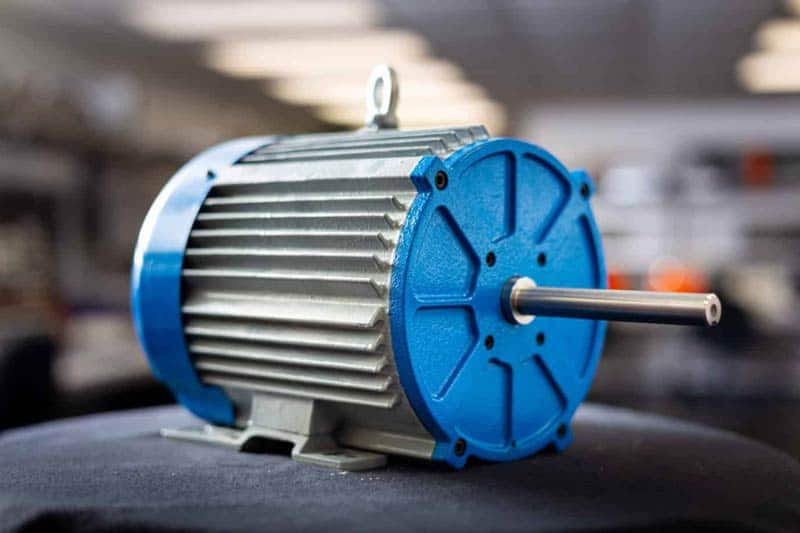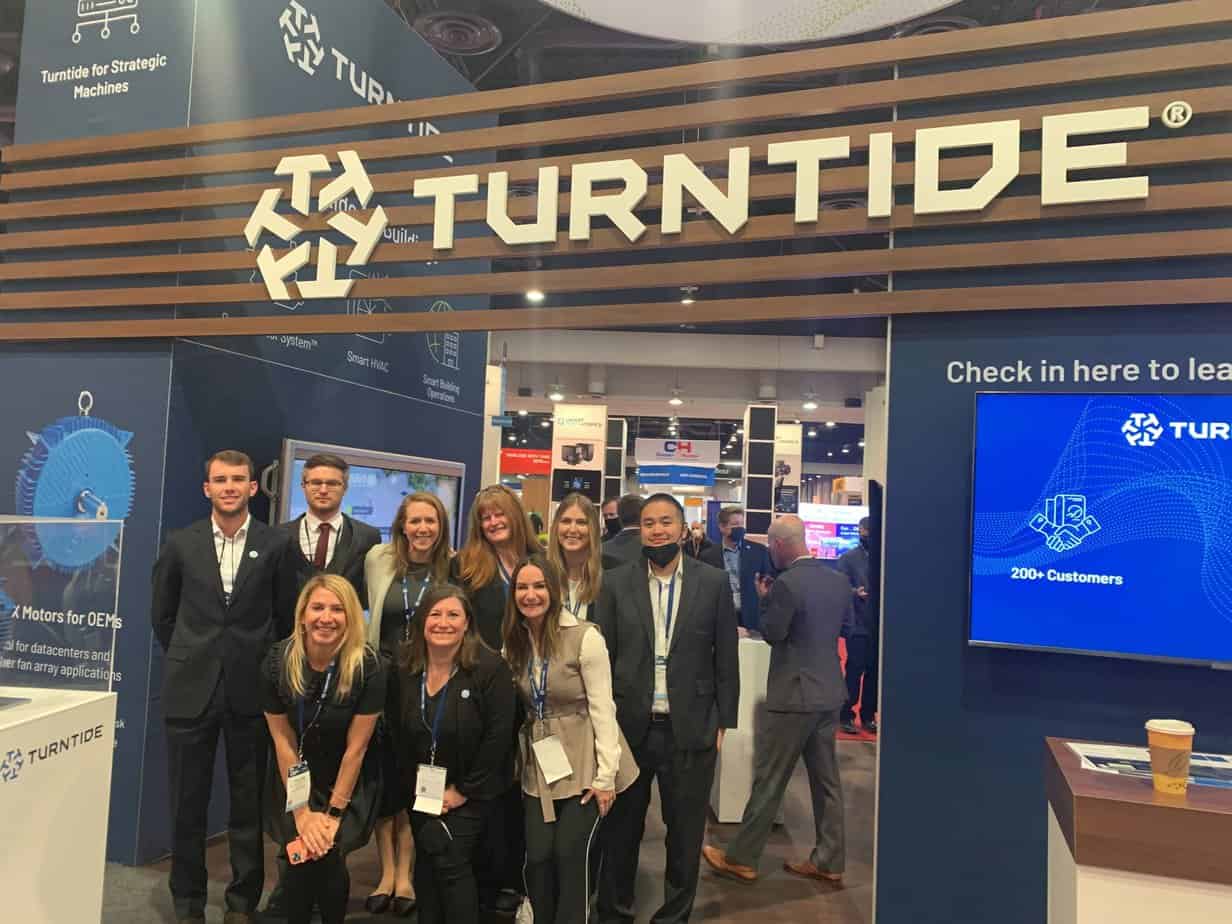Europe’s energy costs have spiked dramatically over the past two years. While the causes are well documented, the proposed solutions almost always leave out the most important and proactive step that companies can take to protect their business: improved energy efficiency.
That’s never been more obvious than over the past few weeks. Many European countries have moved away from Russian gas and, increasingly, coal in response to its invasion of Ukraine. However, the energy narrative has focused almost exclusively on alternative sources, whether that’s finding new trade partners for fossil fuels, re-opening their own dormant coal mines, or leaning more heavily into renewable energy.
All this despite the fact that current high-efficiency HVAC technology, such as Turntide’s Smart Motor System, has the potential to single-handedly slash global energy consumption. In Europe, that could make the difference for businesses and households worried about rationing energy consumption come winter.
For businesses, in particular, the impacts of such a requirement could prove fatal, especially on the heels of global supply chain issues caused by COVID. Yet, some business leaders are likely banking on a quick rebound of international markets and a return to traditional trade relations.
That’s a mistake, especially considering the quick and affordable solutions already on the market. The Smart Motor System, for example, is becoming more readily available across the continent through the efforts of Future Motors (FML), Turntide’s installation partner in Europe, which has already expanded to the UK, Spain, Portugal, and Italy — some of the countries facing the largest spikes in energy prices.
Against this backdrop, businesses have two options: improve their energy efficiency or reduce their operations. One of these provides immediate ROI and would insulate your business from price volatility. The other equates to rolling the dice and hoping that your business can survive an energy crunch that promises to extend well into the future.
The Age of Cheap Fossil Fuels Has Come to an End
This shouldn’t be a difficult decision, and it’s all grounded in one simply reality: The world is changing. That’s become impossible to ignore over the past few weeks, but recent headlines shouldn’t distract from the fact that energy prices have been surging for more than a year. The war in Ukraine and the reprioritization of geopolitical priorities have merely exacerbated a trend toward deglobalization that has been quietly gaining steam.
In December 2021, several weeks before the invasion, wholesale electricity prices climbed 300% in many European Union countries compared to the same point the previous year. Some countries—like Germany, France, and Italy — saw 500% price increases. Much of this volatility was driven by a spike in natural gas prices. On December 21, 2021, Benchmark European gas surged above 180 euros per megawatt-hour, a record height, compared with about 20 euros at the start of the year.
In the same way, energy prices will only recede alongside a similar trend in fossil fuel prices. Unfortunately, the age of cheap fossil fuels has come to an end, and there’s little reason for optimism.
Prior to its invasion of Ukraine, Russia accounted for about 45% of the EU’s gas imports and 40% of its entire gas consumption. That level of supply won’t be easy to replace, especially considering that Russia exported the most natural gas in 2021 by a wide margin, edging out the U.S. by approximately 33%.
To make matters worse, Europe is also experiencing a serious shortfall in natural gas storage . As of December 2021, several weeks before Russia invaded Ukraine, storage levels were below the minimum volume recorded for that time of the year in any of the previous five years. In order to prevent energy shortages come winter, Europe will need to bolster these reserves — all without their largest source of imports.
But the world can’t produce so much extra gas that quickly. Recent advancements in renewable energies and energy storage have the potential to even the playing field someday, but not by this coming winter. And, honestly, not in the next few years.
Yet in a recent interview for Turntide’s Net Zero Action Heroes, FML’s Andy Sumner explained that, despite all the signs of a looming crisis, governments and business leaders have been slow to address the demand side of energy consumption – beyond threatening to cut services.
Proactive Businesses Must Insulate Themselves from Rising Energy Costs
That mindset is unacceptable. Yet, many EU countries seem poised to do just that. In Germany, for example, Economy Minister Robert Habeck has warned that, in order to reserve energy for hospitals and other critical infrastructure, industry will be first in line for cuts if the shortage continues through winter.
So, how can businesses avoid this scenario? By using less energy without sacrificing production.
FML has already partnered with some of Europe’s biggest brands to improve their overall energy efficiency. For example, Wilko, one of the largest retailers in the UK, has reduced HVAC energy consumption by 40% across 400+ locations after installing 800 of Turntide’s motors. This translates to a 3-year ROI period, calculated before recent surges in energy prices further accelerated the payback period.
That’s possible because of the sheer amount of energy required by commercial buildings, not to mention the fact that nearly 30% of the energy used inside them is wasted, according to the U.S. Environmental Protection Agency.nBut new-age motors, like Turntide’s patented switched reluctance motor, can reduce annual HVAC energy consumption by up to 57% according to a study by the National Renewable Energy Laboratory.
Turntide engineers have further improved energy efficiency by pairing this breakthrough technology with cutting-edge software and controls. As a result, customers have actually seen an average energy savings of 64% from their HVAC systems.
What's New
Take the Next Step
Talk to our team to see how we can help you save energy and boost your bottom line.
Schedule Consult





